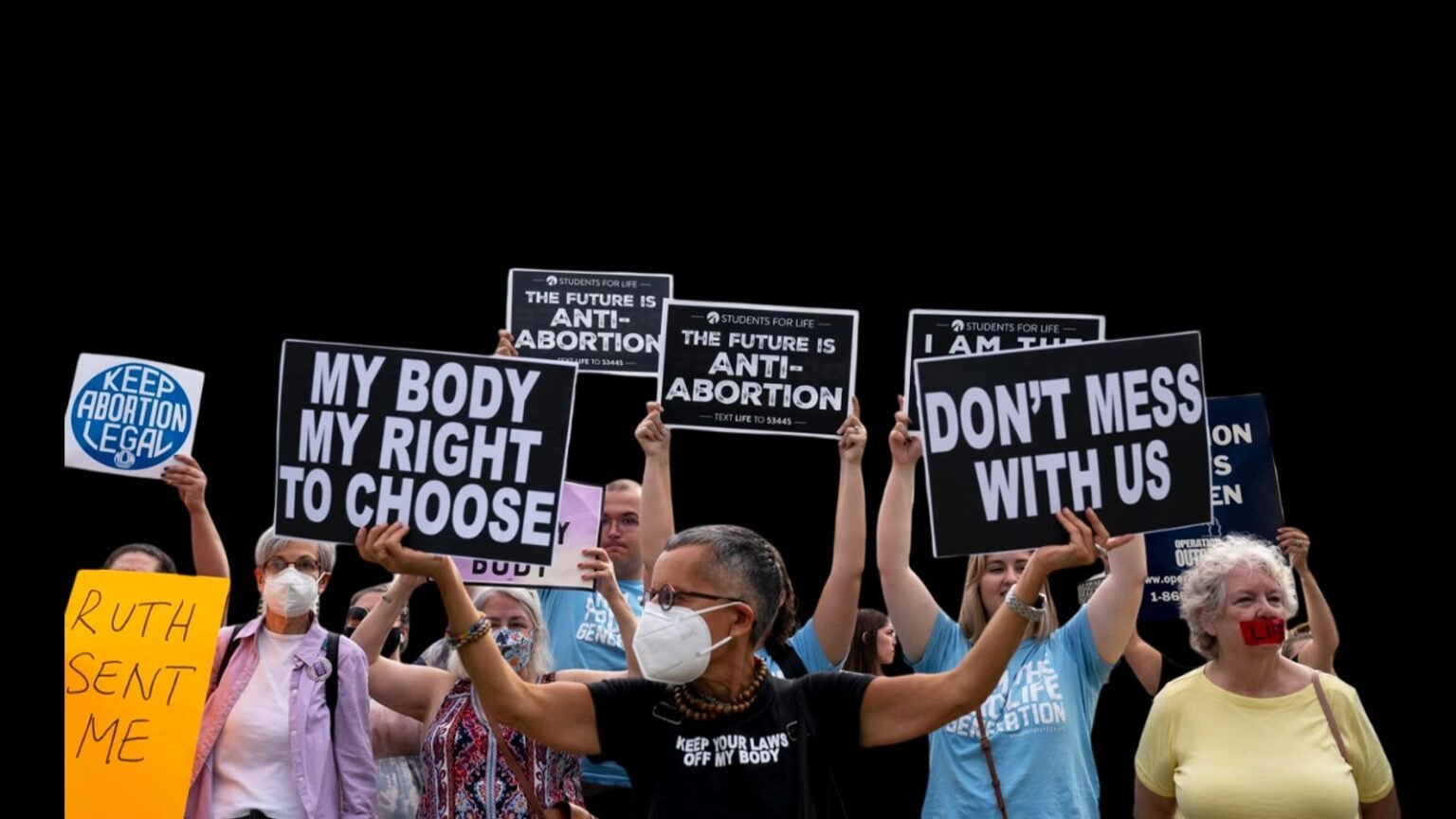Federal Court Partially Upholds Idaho’s Controversial “Abortion Trafficking” Law
A federal appeals court ruled on Monday that Idaho can enforce parts of its unique “abortion trafficking” law, which criminalizes harboring or transporting a minor out of state for an abortion without parental consent. However, the court struck down provisions of the law that prohibited “recruiting” a minor for an abortion, citing First Amendment protections.
The law, enacted in 2023, is among the most restrictive in the nation. It makes it a felony, punishable by two to five years in prison, to “recruit, harbor, or transport” a minor with the intent to help them obtain an abortion and conceal it from their parents or guardians.
The San Francisco-based 9th US Circuit Court of Appeals reversed a lower court’s decision to block the entire law, allowing the state to enforce the harboring and transporting provisions. Circuit Judge M. Margaret McKeown, writing for the majority, clarified that these actions are not protected as free speech.
However, the court invalidated the law’s restrictions on “recruiting,” stating it could encompass a wide range of constitutionally protected speech, including counseling, encouragement, emotional support, and education about reproductive healthcare options. McKeown emphasized that Idaho cannot criminalize discussions about legal abortion services in other states, writing, “Idaho’s asserted police powers do not properly extend to abortions legally performed outside of Idaho.”
Mixed Reactions to the Ruling
The decision prompted both sides of the legal battle to declare partial victory.
Idaho Attorney General Raul Labrador praised the ruling, calling it “a tremendous victory” and reaffirming the state’s commitment to “protecting life.” Conversely, Wendy Heipt, a lawyer for the plaintiffs challenging the law, hailed the court’s decision as a “significant victory,” emphasizing it allows Idaho residents to provide information and support to pregnant minors.
The plaintiffs, including attorney Lourdes Matsumoto and two abortion-rights groups, argued the law infringed on free speech rights and deterred them from counseling minors.
Broader Implications
Circuit Judge Carlos Bea dissented, arguing that the lawsuit should be dismissed entirely because it targeted the state attorney general instead of local prosecutors responsible for enforcing the law.
Idaho’s abortion ban is already among the strictest in the country, permitting abortions only to save the mother’s life or in cases of rape or incest reported to law enforcement. The state borders Washington, Oregon, and Montana, which have significantly more permissive abortion laws, creating a stark contrast for residents seeking reproductive healthcare.
Since the 2022 reversal of Roe v. Wade by the US Supreme Court, more than 20 Republican-led states have implemented abortion bans or restrictions, intensifying the national debate over reproductive rights and state autonomy.
This ruling underscores the ongoing legal and ideological battles surrounding abortion access in the United States, particularly as states attempt to navigate the post-Roe landscape.
